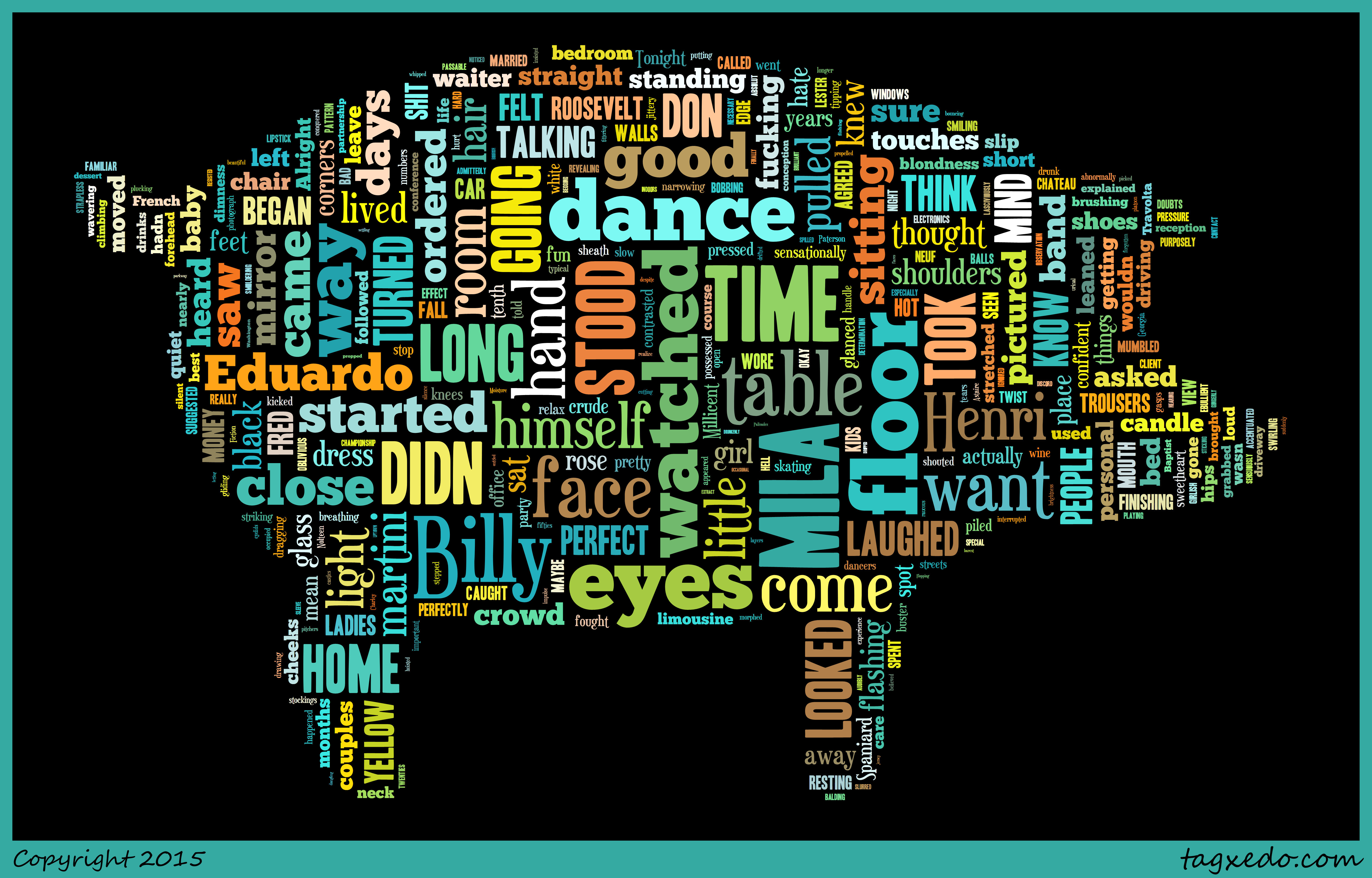Maine Playwrights Festival – And the winner is…
One of the truly good aspects of the judging process for the 2014 Maine Playwrights Festival is the inclusion of comments from the readers of the play. This is the first time it has happened, and it is most welcome. Acorn Productions, the sponsor of the Festival said that they would be announcing the results of the judging process for play submissions in the middle of February, and they were true to their word. Now, the plays that have been selected will be staged in April. It is an honor to be selected and a thrill to be in attendance when the plays find their feet on stage before a paying audience. Unfortunately for me, my play, Crab and Stab will not be included. Enter stage right, the villain, the judges (just kidding, guys)
Break it to me gently. Let me down the easy way. Say what?
It was a nice rejection letter. What is there to say, really? But, they said it nicely. Here are the remarks from the readers who were assigned to read and to judge my play: Reader #1: ” It’s a good play. I just don’t like it. The story and the dialogue are done well. The characters are well defined. There are a lot of different elements in the story, but it all comes together nicely and never seems disjointed. This is technically the best play I’ve read. I think it would spark interesting conversations in an audience who’ve seen it. There is no single thing I can point to as to why I don’t like it, which makes it clear to me it’s a good play.”
Fair enough. Judging plays is totally subjective. What is not said in these remarks is that there was nothing in in the play that makes it interesting, gripping, or compelling enough to make it into the Festival.
Reader#2: “From a staging perspective, the playwright should be aware that in a festival setting, the set is unlikely to be as well defined as the description. It doesn’t need to be because the descriptions internal to the dialogue are great and an audience could imagine the scene just out of view.”
Lesson to be taken: pay attention to the limitations of the venue. There will be several plays presented, one after another. There cannot be a time consuming setup for your play. The set must be minimal.
Okay, you’ve processed the disappointment, now what?
So many submissions disappear without a word. Here, we at least get a glimpse of what happened to my “darling”. Our first impulse is to go back into revision mode. If it’s not selected for the Festival it’s got something wrong with it that needs to be fixed. Right? Not necessarily. The reader was brutally honest. He/she thought it was a good play, but… We need to “be a pro” here. We need to believe in ourselves. If we think it’s of submission quality, then stick with our guns. It’s a good play. Send it out on the road again. We know it’s a tough game out there. But we’re up to it. The Samuel French Off Off Broadway Festival is reminding us to send in our play, the deadline is approaching.
Incidently, you can read Crab and Stab. It’s one of the plays included in my collection of short stories and plays, Baghdad on the Wabash and Other Plays and Stories, on sale at Amazon at a new low price.
Thanks for stopping by. Please comment below or post this entry on your favorite social media website.
Sign-up via the email or RSS option in the sidebar to receive MaineLarryCrane’s latest posts. You can also follow MaineLarryCrane via the various social media platforms listed on this website.




I’ve entered the PNWA literary contest and all entries receive feedback. It will be interesting to see how in-depth it is. When I was reading submissions for a literary journal last year, we never would have been able to get away with, “I don’t like it.” In terms of craft, there’s always something that can be pointed to as a suggestion for improvement. If it were me, I might state I don’t like it, but compare the piece to something that I do. “Like” is such a loaded term anyway. “It doesn’t resonate with me” is probably another way of puttin git.
Thanks for your comments Jeri. I have to say I sometimes read a story in prose or as a play and can recognize that in many ways it is competently done, and even technically fulfills the needs of a story, yet on some level it doesn’t feel right. When I get a critique on my work that finds some shortcoming, even if it is not well defined, I can’t rest without addressing the work yet again, and I almost always rework it in a way that then seems, at least to me to be better. How can it keep getting better with revision? There has to be some point at which it will have to stay the way it is.